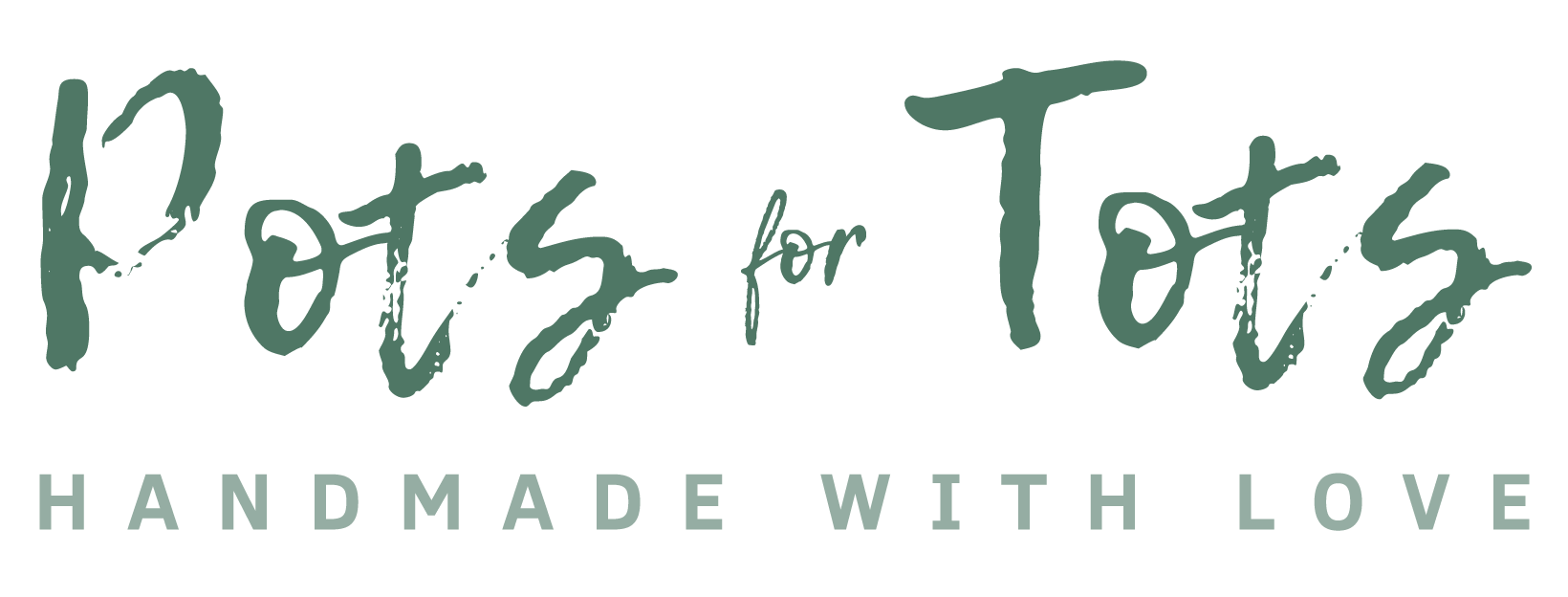How do I dispose of your packaging - is it recyclable?Updated 2 months ago
Recycling is so important to us! We wanted to make sure the pots, boxes, cards and even the dry ice sachets are recyclable, so we are not contributing to plastic waste and so you never have to feel guilty about ordering over and over again.
Pot & Lid
Our pots have been chosen carefully to make sure they suits every need. They are paperboard with a food-safe PP lining, and are microwaveable, freezer-friendly and BPA free, meaning your little one can eat straight from the pot.
This packaging is widely recycled - check with local authority for how best to recycle this material in your area. Just remember to rinse the pots out before popping them in the recycling!
Sleeves
The paper sleeves that you'll find on your pots are widely recycled.
Delivery Box
Our cardboard box that your order is delivered in is fully recyclable.
Dry Ice
To dispose of the dry ice packet in your box, leave the paper bag in a well-ventilated area and out of reach of children and pets so that it can evaporate. Then simply pop the bag in your usual recycling.
Fleece Liners
Our fleece liners are held in MDPE plastic, so if you do wish to recycle them then this can be done in normal plastic household waste. The wool insert is 100% biodegradable and compostable so it can be placed into normal household waste bins and will dissipate within 6-12 months of going to landfill.
Denim Liners
Our denim liners are created from jeans that don’t pass the quality standard, such as colour, shape and false stitching, are usually sold at discount price or thrown away. Our supplier however, want to upcycle and repurpose faulty jeans and offcuts into alternative products such as for use in cold chain packaging, and therefore extending the life cycle of the product which may otherwise have ended up in landfill unnecessarily. Not only does this type of insulation contain recycled denim, but recycled polyester (rPET) from plastic waste is also included in the blend. Using their in-house UKAS accredited laboratory, our supplier will perform fibre cleanliness tests inline with BS 1425, ensuring the materials used in all the liners are free from harmful bacteria.
To further recycle these liners, they can be taken to a local textile recycling bank, or upcycled by, as an example, doubling up the liner and insert it into a couch cushion that needs a little more life in it or use it as a chair cushion for garden.
Alternatively, these liners can be disposed of in the general waste.
